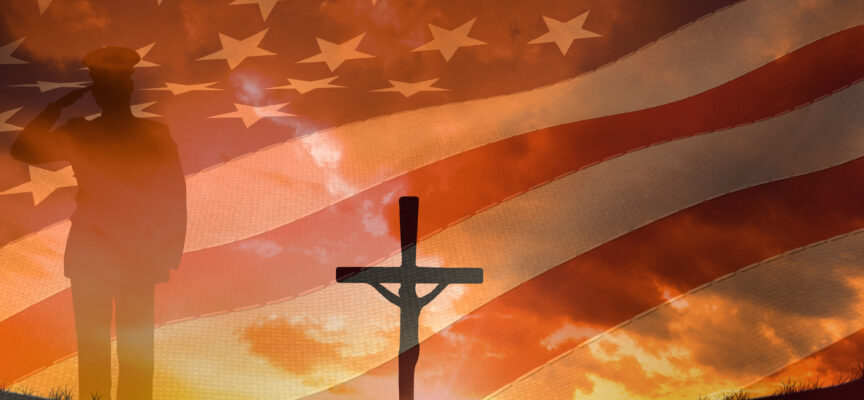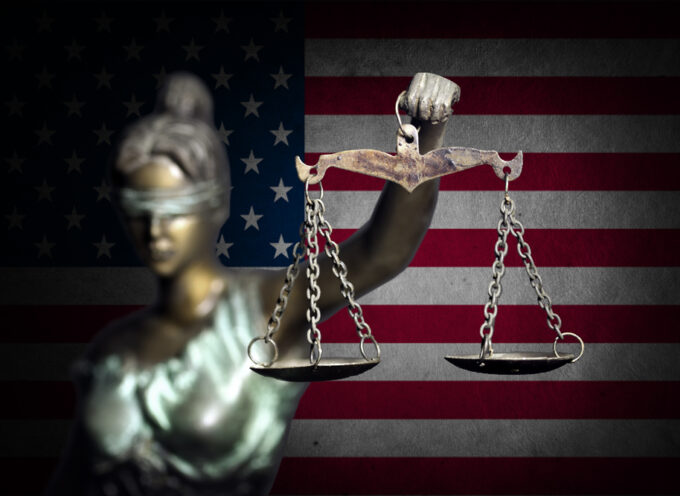Over the past few decades, American politics has become something like the combination of a war, a carnival, and a Hollywood movie. It has been reduced to little more than theatrics and partisan combat. Because of this, many Americans have a negative view of the political sphere even as they participate in it through party activism, Facebook posts, Twitter kerfuffles, and neighborhood conversations.
Yet, the Bible’s perspective on the political realm transcends the contemporary world of partisan disputes and political theatrics. Its treatment of the political realm goes deeper than party politics and presidential elections. More to the point, I wager that a significant number of American Christians have little or no grasp of what the Bible says about politics. That is a shame.
Often the method of choice for determining what the Bible says about politics is to look at passages that address the political sphere directly. Think Romans 13:1-7 or Mathew 22:15-22. The problem with this is it provides little insight into what politics actually is, according to God’s creational design, and how it fits with his overall work in the world.
Therefore, a Christian’s viewpoint should be one informed first by the Bible’s master narrative, and locate specific passages in this broader framework accordingly. In order to think well about politics and public life, we need to think well about God and his world as a whole. Richard John Neuhaus put it well when he wrote, “The first thing to be said about public life is that public life is not the first thing.” Of course, party platforms and specific issues of public policy do matter. But policies should never be crafted, nor platforms constructed, in ways that are divorced from the bigger picture.
In any and every topic at hand for the Christian, we must go back before we can go forward. We need to locate politics within the true story of the whole world. That story is found in Christian Scripture and can be divided into four “acts,” each of which speaks to politics in today’s world.
Politics in Relation to the Bible’s Four Acts
That story unfolds in the four-act narrative of Scripture.
In Act One God created the world, and he called it good. It was characterized by justice and universal peace, and was without sin or its consequences. Had the world remained untainted by sin, it would still be characterized by politics and public life, but the government would have no need to wield the sword.
In Act Two of the biblical narrative, God created the first couple, who immediately soured the whole picture by sinning. Through their sin, the whole world was corrupted. While the world remained structurally good, it became directionally corrupt, pointing humanity’s worship toward idols rather than the one true and living God. Human beings now twisted God’s creation toward wrong ends, introducing injustice and human violence into God’s good world.
In Act Three, God responded by sending his Son, who was crucified and resurrected to extend his salvation and to break the “curse” that sin and death had on the world Through his sacrificial death and resurrection, we may be saved from our sins, and be set free from its curse, to live the sort of life that pleases God and contributes to the public good.
Act Four closes out the narrative by pointing forward to the return of the King who will make all things right again. When he returns, he will institute a new political community, centered in a new city—the New Jerusalem—once again characterized by justice and shalom.
As Christians, we live “between the times” of Act Three and Act Four. Christ has already inaugurated his kingdom but has not yet consummated it. As such, we cannot ignore his kingdom (as if he had not already inaugurated it), but neither can we usher in his kingdom (as if he were not going to return to consummate it himself). Instead, we are called to live as a preview of his coming kingdom. We want our engagement in politics to help redirect our society toward a God-inspired and God-directed vision of public justice and societal flourishing. When we recognize God’s ultimacy in politics and public life, we not only avoid deifying any created good—such as liberty, tradition, equality, progress, or the nation—but we also avoid the deleterious political consequences of such false worship.
Politics as a Preview of Christ’s Kingdom
Many evangelicals are pessimistic about their ability to influence what appears to be an increasingly post-Christian society. A rising number of Americans consider traditional Christian teaching antiquated at best and reprehensible at worst. Russell Moore wrote that, “many of the political divisions we have come down to this: competing visions of sexuality as they relate to morality and the common good.” Evangelical Christian doctrines of creation, sin, salvation, judgment, and personal morality are now not only rejected but weaponized against us.
Fortunately for Christians, our faith has never required that we hold positions of power or cultural privilege. Christianity, more than any other faith, is uniquely fitted to navigate the complex challenges of being a minority view in a plural society. In fact, Christianity has never been more itself, more consistent with its roots in Jesus himself, than when it stands as a prophetic minority in a culture of pluralism.
As a prophetic minority, we are free to promote our vision of the good life, and to do so with clear lines and bright colors. We need not flatten out our vision into some sort of civil religion of system of values.
Indeed, Christians now have the opportunity to promote a vision of the good life that is based on creation’s God-given order and on the gospel. We have the opportunity to introduce society to God’s vision for human life—a vision of marriage, of family, of sex, of money, of power, of justice, peace, and unity-in-diversity—that stands in sharp contrast to the zeitgeist. The darker our society becomes, the brighter the gospel light will shine.
Subscribe
Never miss a post! Have all new posts delivered straight to your inbox.







